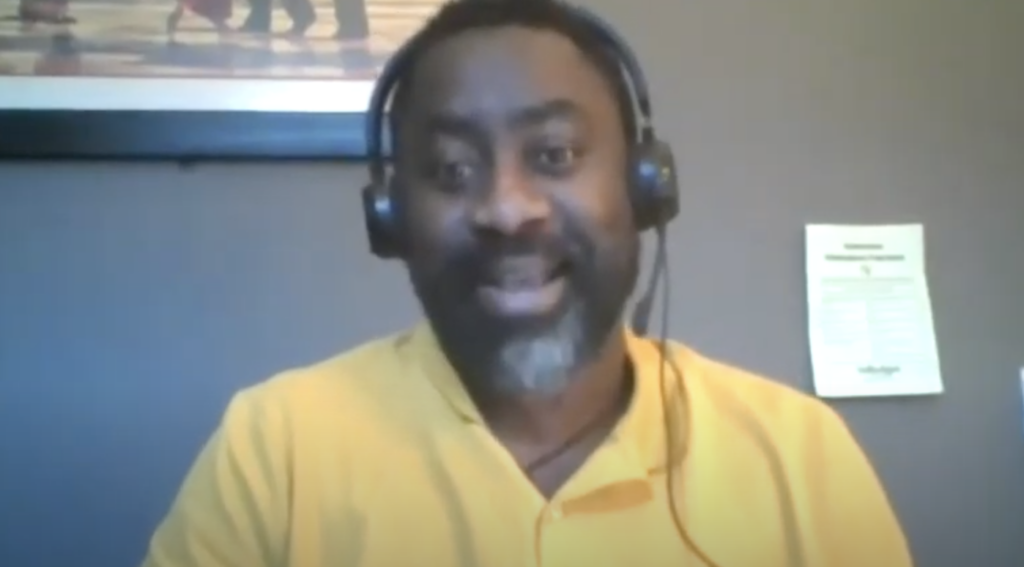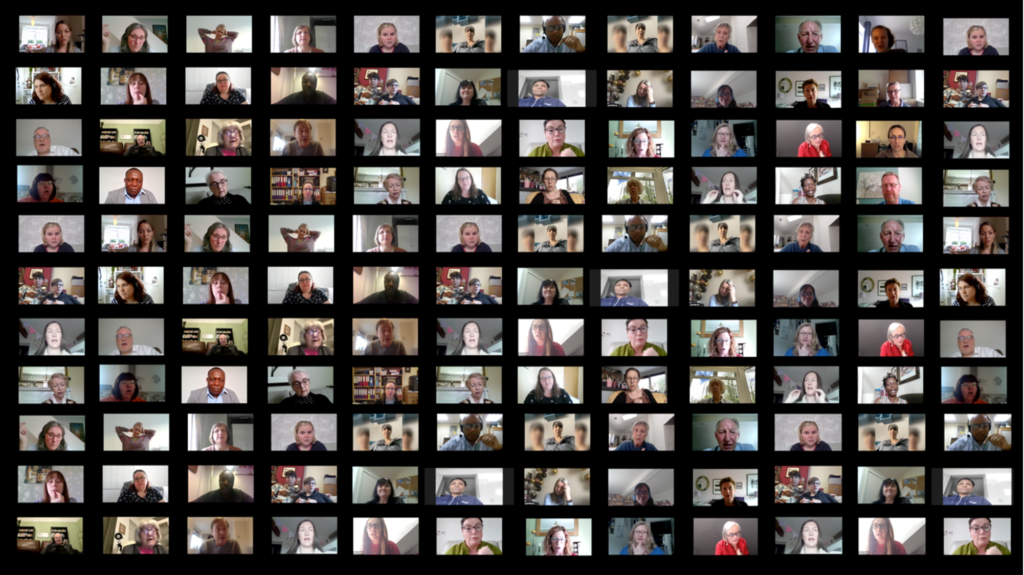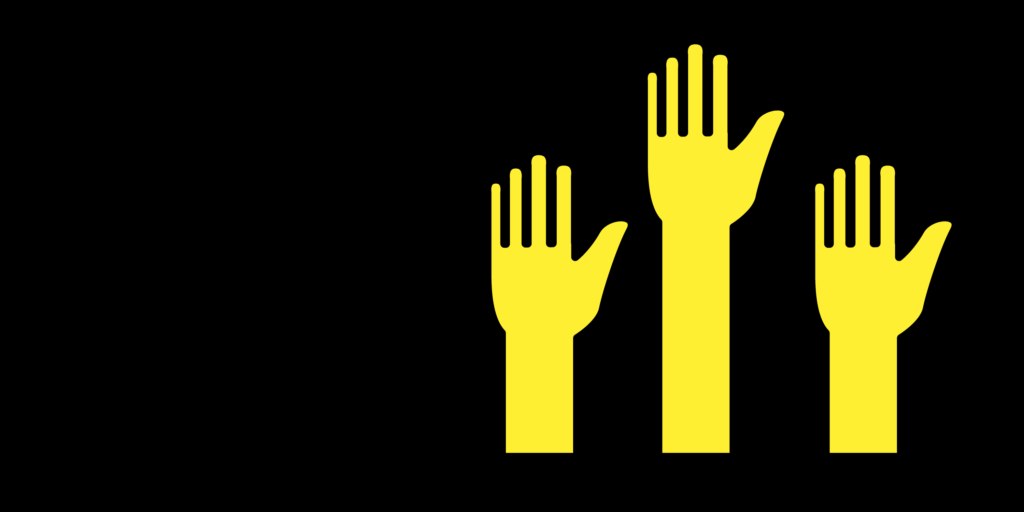Weekend Two
Reflections from The People’s Panel on Health and Care
What the Panel said
JULIE: “On Saturday morning we were shown some of the Community Conversations and videos that members of the public had made.”
HARRY: “There’s one video – ‘I didn’t get the care because of who I am’ – and they mentioned, specifically, people with learning difficulties or Down’s syndrome and the way they were treated. And they felt they weren’t treated fairly or equitably.”
HAZEL: “When we kind of went into our small groups, and we were kind of reflecting on what videos we’ve watched, you could actually see everybody feeling… sharing the feelings with the people that were on the videos.”
RAY: “When you see how people are being treated from… and I mean different parts of the country… and different stories. It’s the horror stories. And the sad stories. And the unnecessary stories and experiences…they’re the ones that have taken in here.”
JULIE: “Later on the Saturday we heard from John Hall, a health professional in the NHS. And [he] was able to give us a bit more knowledge about the difference in the health system in Great Britain and compare it with other countries.”
HAZEL: “When we come in, and we’re sharing experiences and we’re hearing about health and social care, people have got so many different views about it. But people don’t always have the right knowledge. But hearing from the experts, and from research that has been carried out, hearing those facts and figures, I felt like we were kind of enlightened.”
HARRY: “I was interested in the Germany system, and France, where there’s some payment. And I think I was more interested in the German social care system, where people who are 40 [years old] pay something towards their future possible social care costs. But the fact that, for comparison, we have fewer doctors, fewer nurses, 50% less beds for the same output… something’s wrong there.”
JULIE: “I think the biggest thing that I learned was that there are some really good systems out there in other countries. And I think we can learn a lot by looking at other countries, and that’s maybe where we need to go now…is try and get advice from countries that are getting it right. Because we’re not.”
NATALIE: “The main question that we all keep coming back to is about an integrated care system. Whether health and social care can be funded together. And why that isn’t already happening. Why can’t it happen? And should it happen?”
LEANNE: “We felt in the group, and I individually felt, that those working in the social care system, primarily domiciliary care, are not valued. As a society we do not value the carer. And they themselves feel that they’re not valued either, when the contribution they make is huge. They’re preventing people from going into hospital.”
ROSEMARY: “I would like to see explored more how, if we’re going to tackle the question of an overburdened National Health Service, we have to look at the grassroots. How people maintain themselves – and how they are able to maintain themselves. And I do worry that growing poverty is increasing ill health.”
RAY: “If you do the lottery you know what the chances are of winning it. And why should your health, depending on what part of the country you live in…why should anyone’s health be a lottery?”
You may also be interested in

“On the the third weekend, we got the chance to listen to some experts. And it was geared up that they had got these people to answer… watch now

Read, watch and listen to people’s health and care stories. In Spring 2021, we brought around 700 people across the country together to share what’s working and what could be better… read more

Want to share your own experiences? Why not submit a video or answer our quick-fire survey?… read more